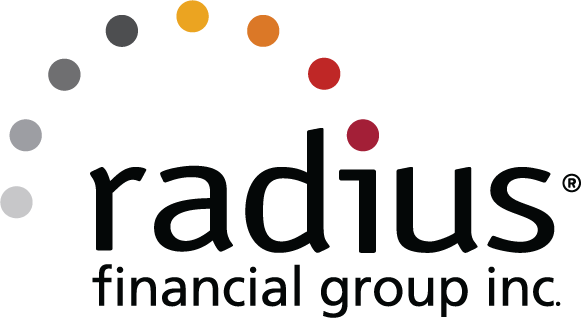If you are interested in buying a home, some aspects of the process might be familiar to you—such as down payment and monthly payments—whereas others might be less so. In particular, interest rates tend to be unfamiliar because they can vary depending on many factors, including the homebuyer’s financial situation and the type of mortgage.
An interest rate is the amount of interest due per period as a percentage of the amount borrowed. It is one of the most important factors to consider when applying for a mortgage because it can make a difference of thousands of dollars paid on a house. In other words, the interest rate of a mortgage has a significant impact on the long-term cost of purchasing and refinancing a home.
Typical mortgage interest rates vary by state, but you can generally consider a good interest rate to be below your state’s average.
If you’re wondering how to get a lower interest rate on a mortgage, read on!
1. Improve Your Credit Score
Although the home-buying process includes many essential elements, your credit score plays an especially significant role in determining your eligibility for a good interest rate.
Even if you have decent, good, or excellent credit, you need to consider boosting your credit score because non-government mortgage programs are priced by credit score in 20-point tiers. For example, say your FICO score is 679 (at the top range of that tier). If you were to boost your score just one more point to get you into the next tier, your interest rate can improve.
Because interest rates fluctuate so often, the difference in interest rates between the tiers is not often the same. However, the results are the same: By bumping into that next tier, you are more likely to get a lower interest rate, saving thousands of dollars in the long-term cost of your home.
2. Choose a Fixed-Rate or Adjustable-Rate Mortgage
When receiving a mortgage, you will typically choose between two mortgage types: fixed-rate or adjustable-rate mortgage:
- A fixed-rate mortgage charges a fixed interest rate that remains the same throughout the life of the loan. Although the principal and interest payments adjust month to month, the total payment never changes.
- An adjustable-rate mortgage provides a lower introductory rate that can last between three to 10 years. However, it can readjust after the introductory period is over, sometimes substantially.
How do you know which option is right for you? It depends on your financial situation. But here are a few points to consider:
- If you want a consistent, reliable monthly payment and you can find a favorable enough interest rate, a fixed-rate mortgage is right for you.
- If you plan to be a short-term homeowner, you expect a bump in income when the rate adjusts, or you can pay the mortgage off before the adjustment period, an adjustable-rate mortgage might be the right mortgage for you.
If this part seems a bit overwhelming, you can always talk to a professional.
3. Apply Discount Points
To reduce the interest rate on your mortgage, you can purchase and apply discount points. One discount point costs 1 percent of the loan amount and will reduce the mortgage rate by 0.25 percent. Keep in mind that the reduction is not set in stone and can vary.
Although you will save money every month, discount points require thousands of dollars upfront. It usually takes many years for the monthly savings to exceed the initial amount paid. The break-even period depends upon several factors, including the cost of the points, interest rates, and loan amount, but it typically takes about 7-9 years. So, if you plan to stay in the home for less than that time frame, it’s a good idea to skip the discount points.
4. Find First-Time Homebuyer Programs
If you are eligible, many states provide first-time homebuyer programs. These programs offer down payment assistance that combines favorable interest rates with tax breaks. Although each state offers geographically specific programs, other programs assist those in certain professions, such as first responders, teachers, and veterans. Others might even offer tax incentives you can use on your federal tax returns.
Mortgage Solutions Made Simple
You want to get the best interest rate for your long-term home payment plan. At radius financial group, we are invested in finding that for you. Our customer-obsessed Loan Officers will lead you down the path to homeownership by listening to your needs and providing solutions.
To take the first step in your partnership with radius, download our free mortgage preparedness guide. We look forward to hearing from you soon!


